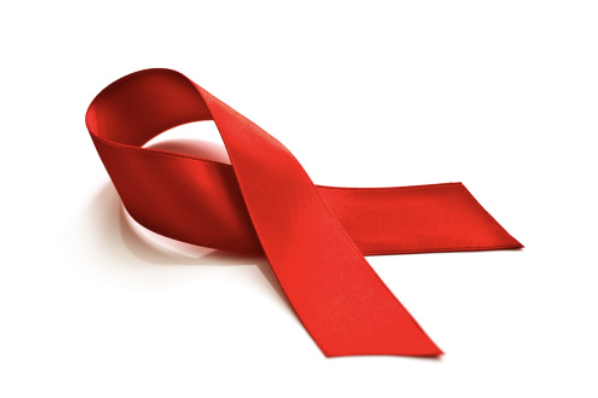Thinking you might be infected with HIV can be extremely scary. The thoughts of having an incurable virus and fears of the unknown can take over your life. The doctors at MySexualHealth are here to help you. We have seen thousands of people in your position.
What is HIV?
HIV is an abbreviation for Human Immunodeficiency Virus. HIV is a virus that attacks certain cells in your body (the CD4 cells) that you need to fight other infections. The virus can be transmitted through contact with infected blood, semen or vaginal fluids. In South Africa the most common way of contracting HIV is by having unprotected sex. Unfortunately there is still no cure for HIV, but taking antiretroviral medication (ARVs) will block the replication of the virus and you will be able to follow a normal life. Over the past years South Africa has really been working hard by getting people tested and getting those infected with HIV on treatment. To find out more about the HIV stats in South Africa have a look at avert.org
What are the symptoms of HIV?
The symptoms of HIV can be very misleading. It is impossible to know that someone is infected with HIV just by looking them in the eye, most of my patients living with HIV do not show any symptoms. It is easier to understand the symptoms of HIV by breaking the infection up into three stages.
- Acute infection
Around two to four weeks after getting HIV some people will experience flu-like
symptoms. This is also known as seroconversion syndrome.
These symptoms could include
- fever (raised temperature)
- body rash
- sore throat
- swollen glands
- Headache
- upset stomach
- joint aches and pains
You might experience all of the symptoms or no symptoms at all. These symptoms are not very specific to HIV and you should never rely on this to diagnose HIV. The only way to know that you have HIV is by testing.
- Clinical latency
After the initial infection you will start feeling better and will show no signs of HIV. This period of the infection is called clinical latency or the asymptomatic stage of HIV. During this stage the virus is still active and you will be able to transmit the virus to a partner. It can take anything from 5 to 15 years for the infection to progress to the next stage where you will show symptoms due to a weak immune system.
- AIDS
By this stage the HIV virus has caused havoc to the immune system. AIDS is the third stage of the infection, also known as the symptomatic stage. At this point the immune system is very weak resulting in an increased risk of getting other serious infections that the body would otherwise be able to fight off. These infections are known as opportunistic infections.
Symptoms at this stage of HIV infection include
- weight loss
- chronic diarrhoea
- night sweats
- fever
- persistent cough
- mouth and skin problems
- regular infections
How do I know if I have HIV?
You will only know that you have HIV by getting tested. You won’t be able to rely on signs and symptoms to know your status. We understand that it can be scary taking the first steps to get tested, but we are here to help you each step of the way. If you think you might have been exposed to HIV contact us to get tested, we will also discuss STI screening if necessary.

